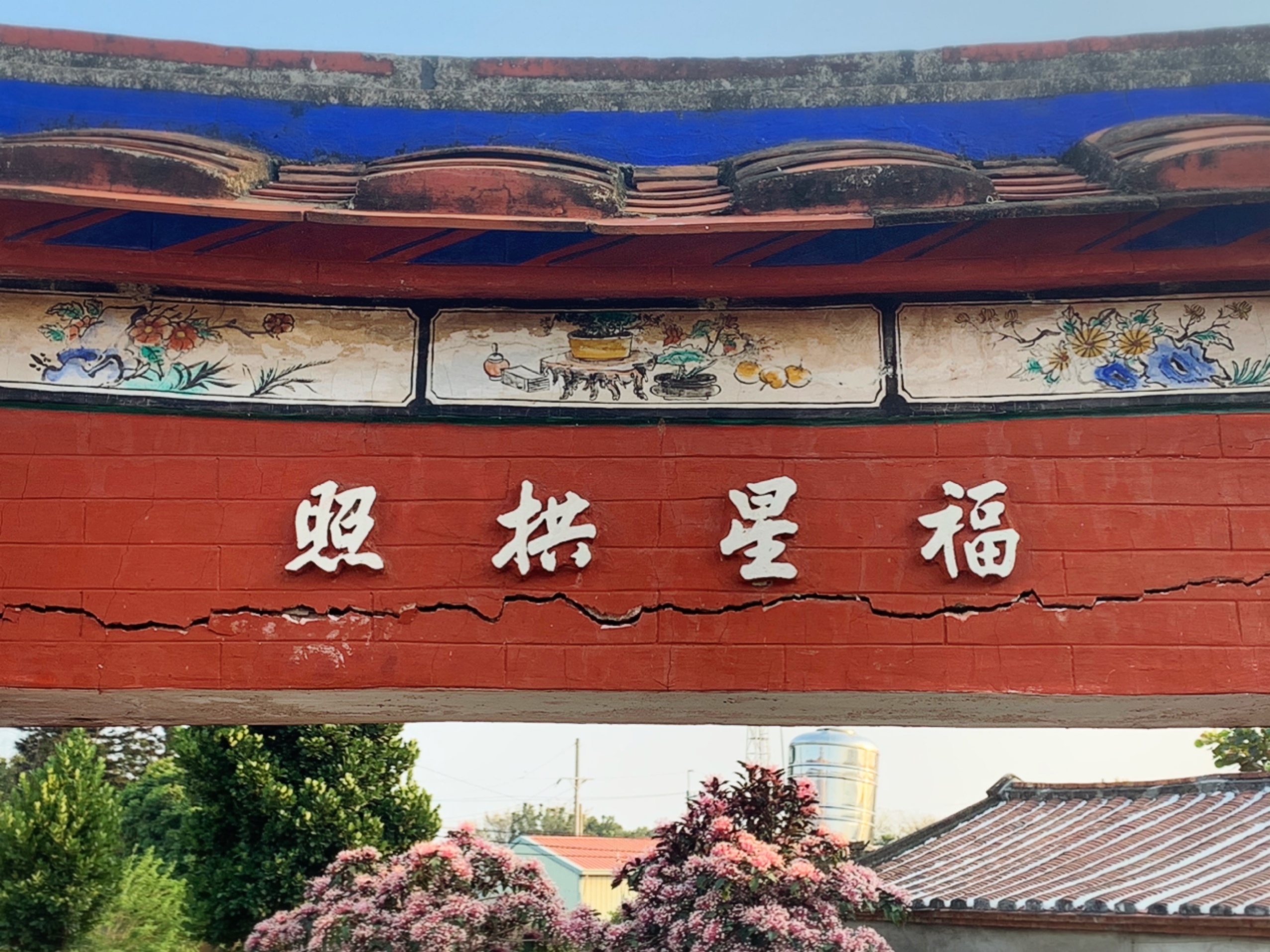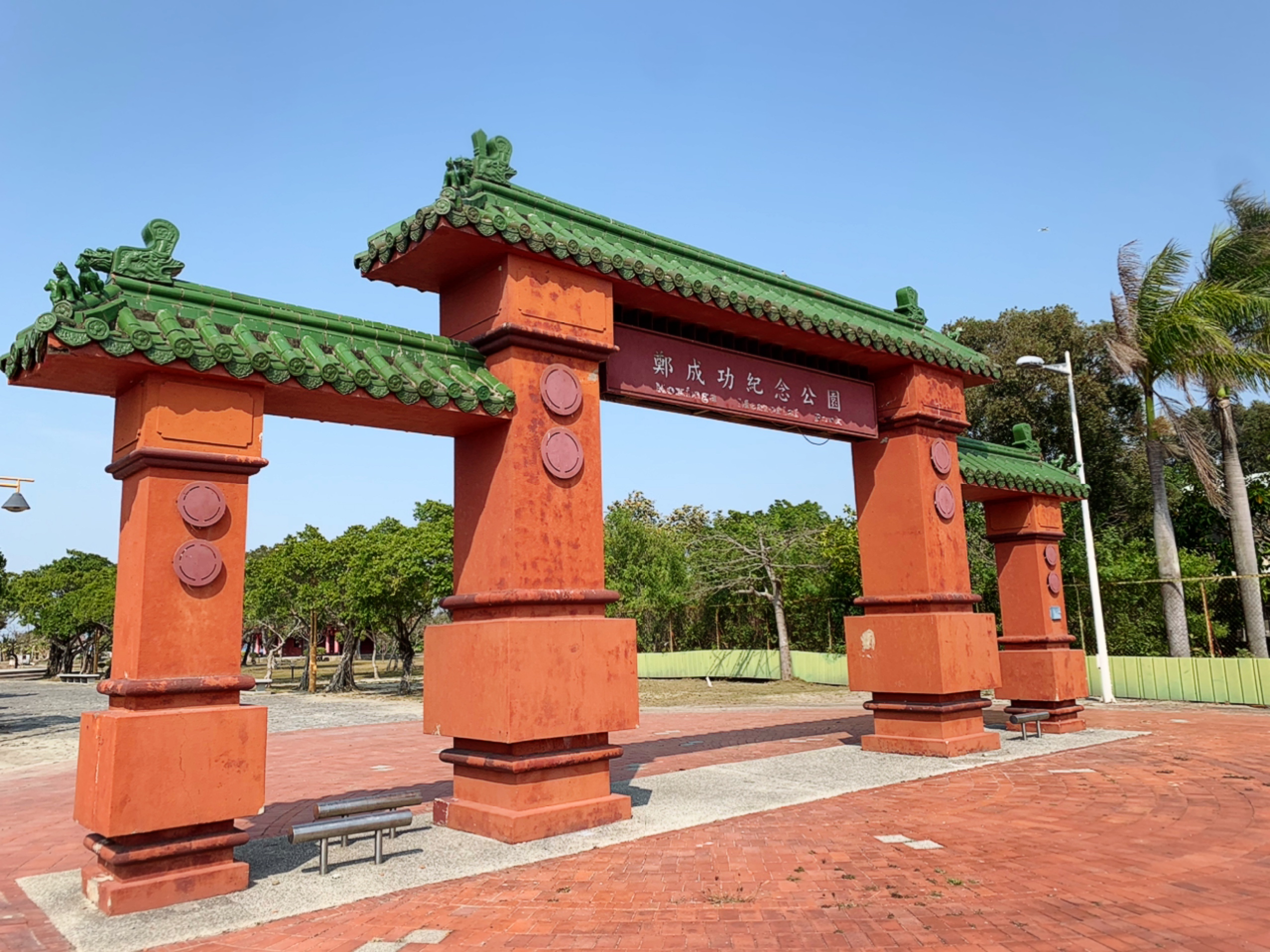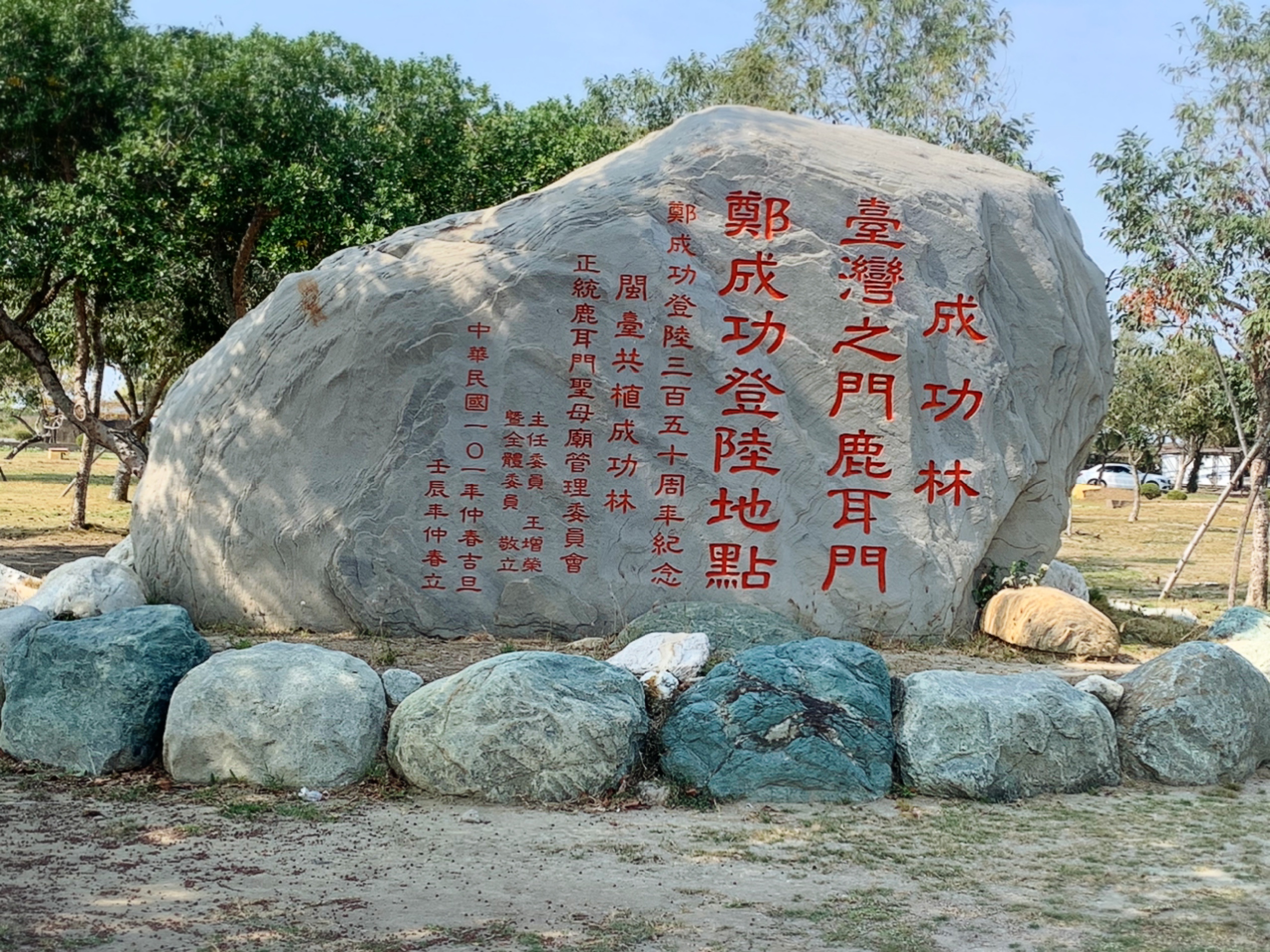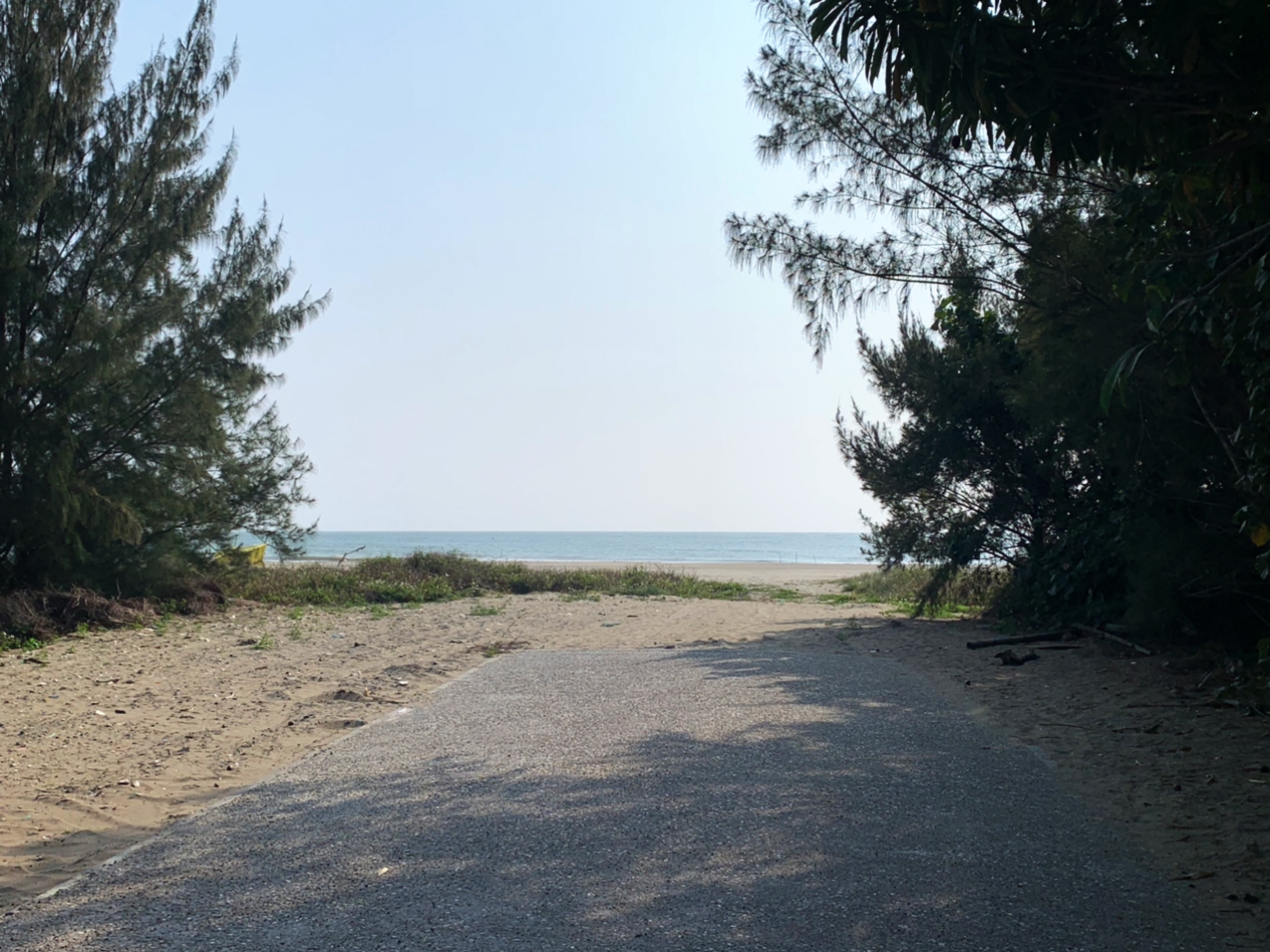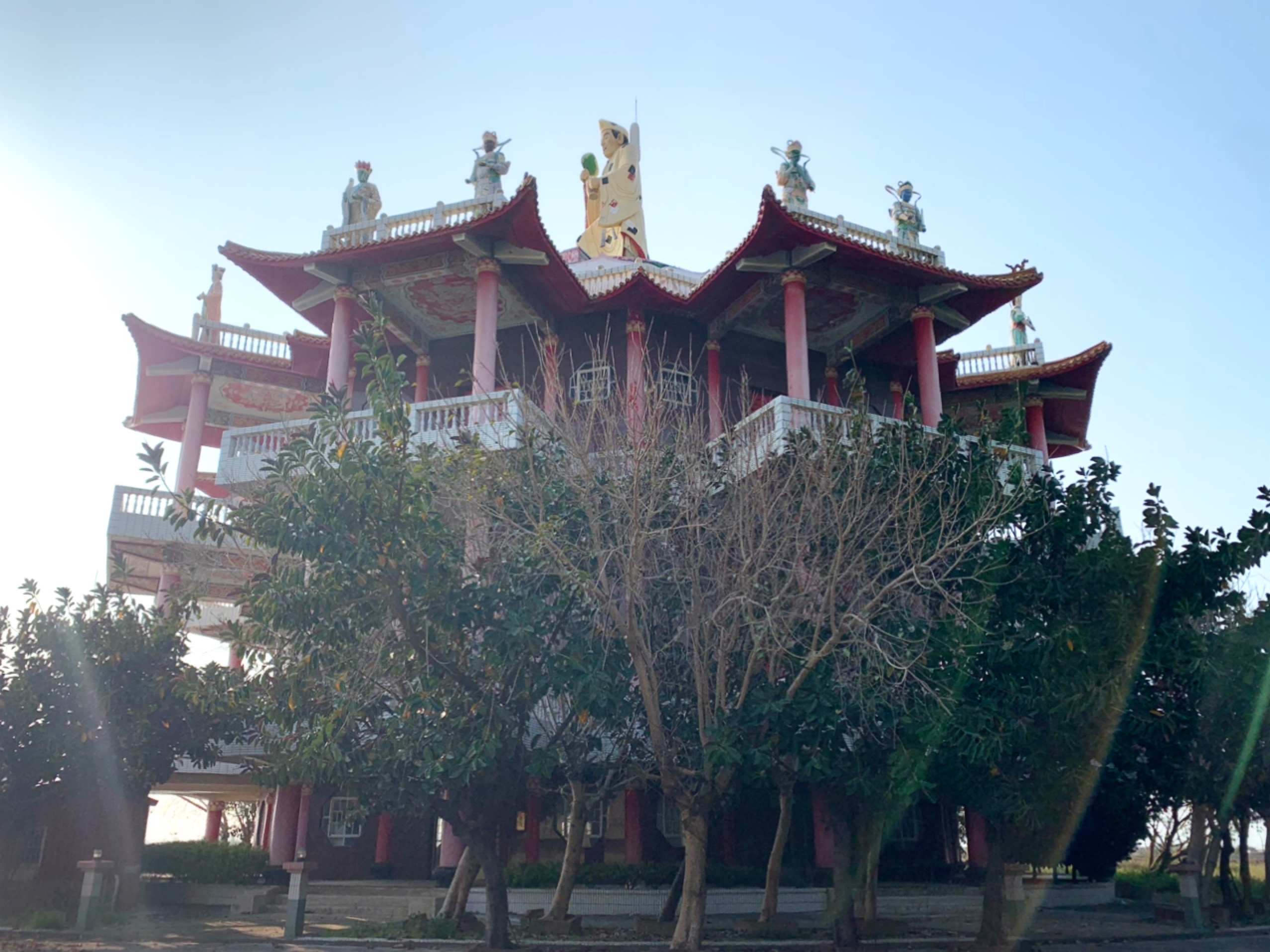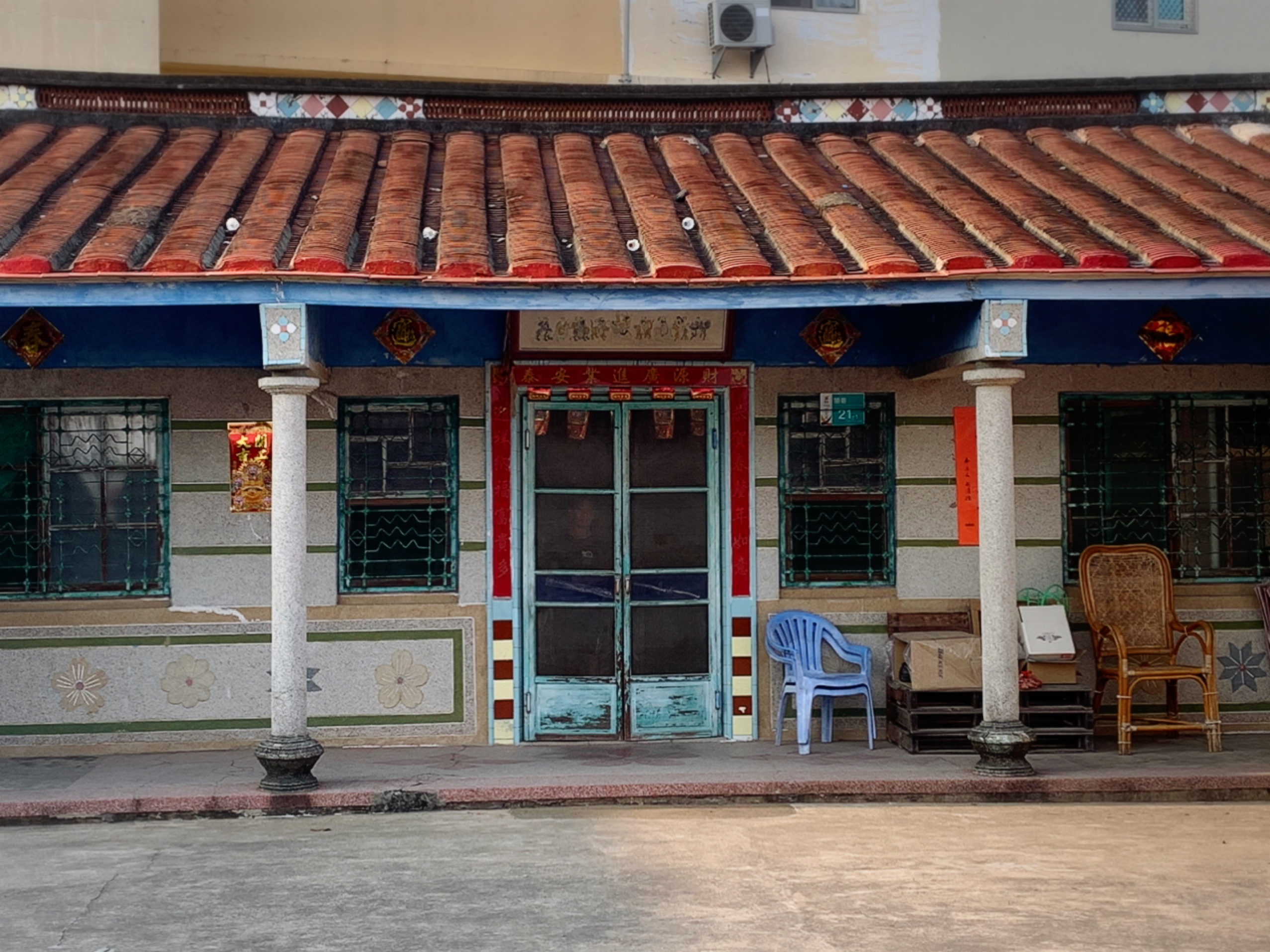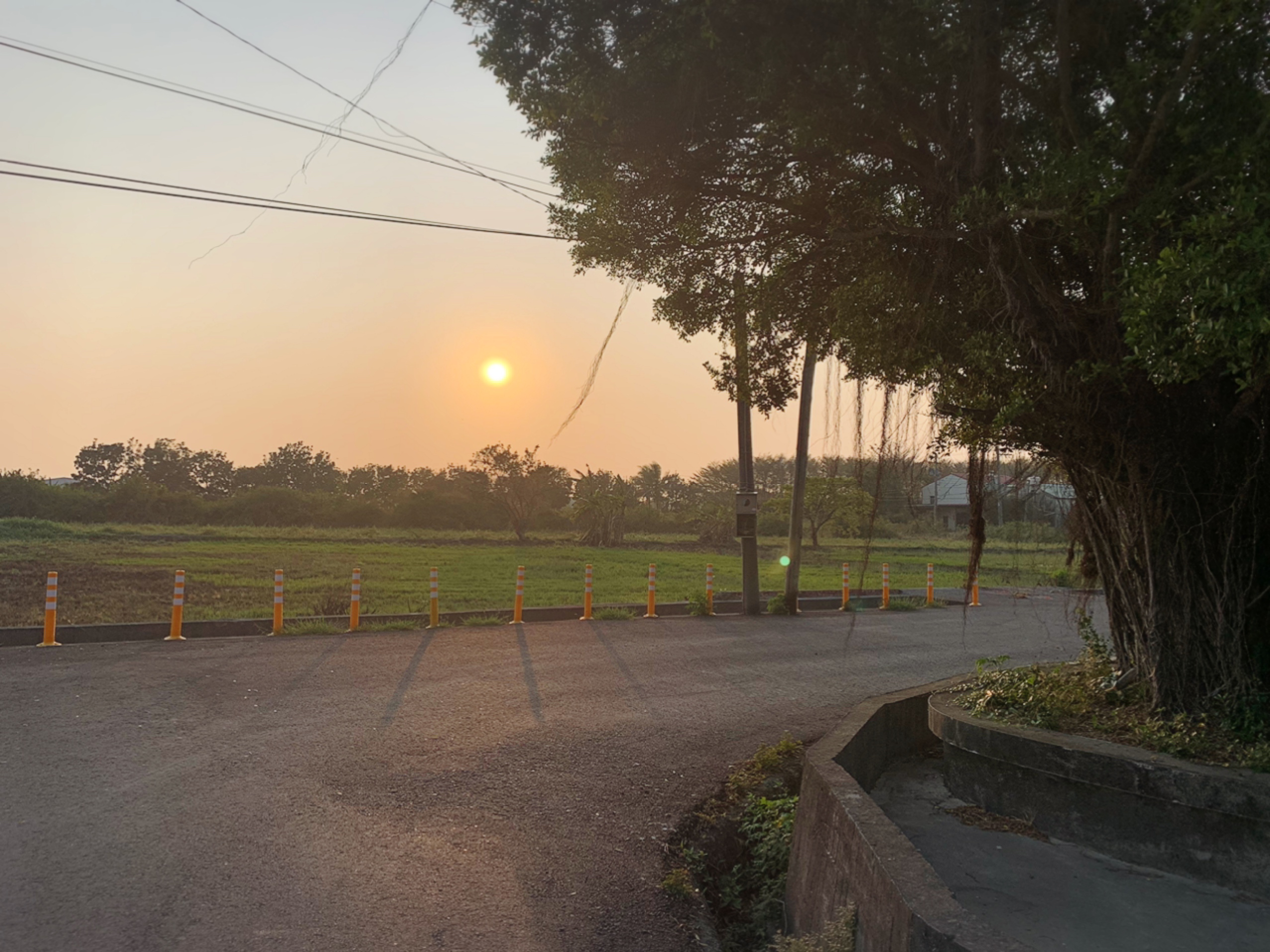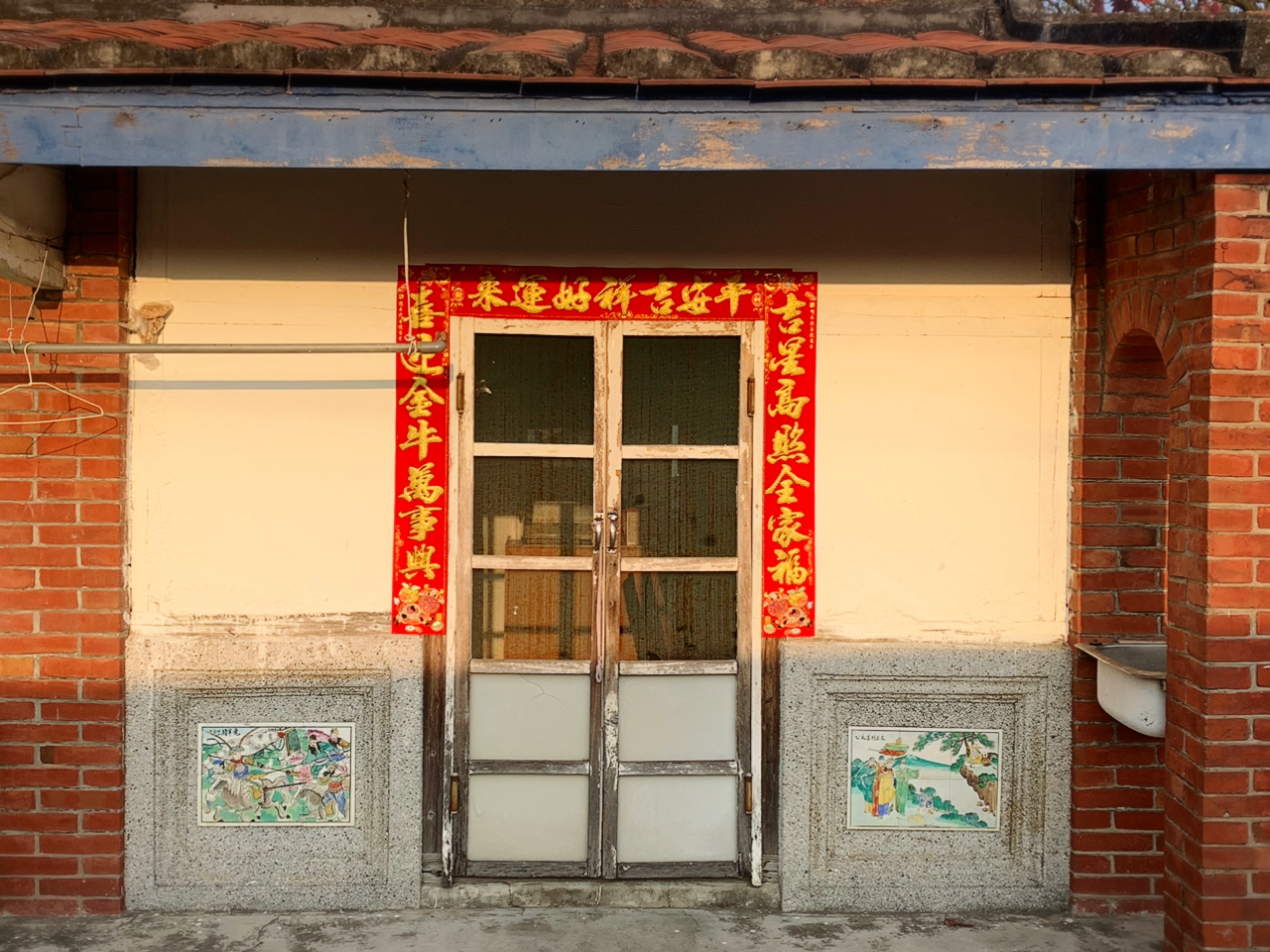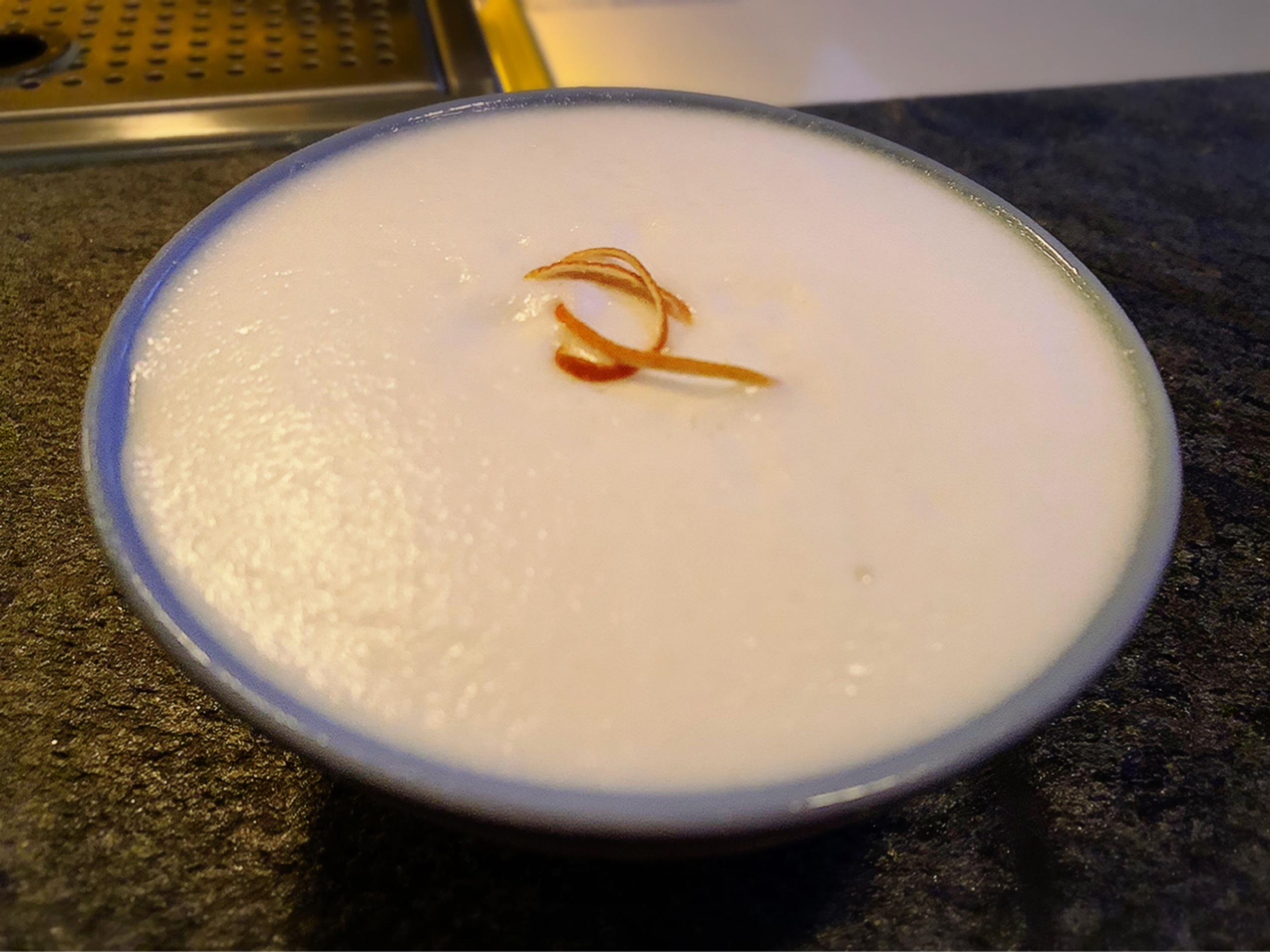No, but this sensationalistic headline from The Economist would posit otherwise.
The article is pretty bad, but not as bad as the completely preposterous header and sub-header. So, because it's bad but not so awful as to be irredeemable, I thought it would be a useful study in media literacy to see what it gets right and where it goes very wrong.
Other than me completely losing my temper at the author, the interesting thing to note is how much it says by what it doesn't say: namely very much at all about what Taiwanese people think and want and how both war and annexation would affect them. He ends up sounding like Henry Kissinger and that is not a compliment, because I'd rather have hemorrhoids than listen to a single thing Kissinger says about anything.
Let's start with the subtitle: "America and China must work harder to avoid war over the future of Taiwan".
Okay, so, I suppose you also think the Sudetenland need not have been lost if Hitler and Chamberlain had just negotiated harder?
China is the actor actively threatening war on Taiwan. They don't care about any peace that would keep Taiwan from their grasp. They might not want a war right now, but it's utter foolishness to believe their priority is to prevent a future war. They want Taiwan, and are willing to fight a war someday to get it. Avoiding war is a "nice to have", but not a "need to have". So why would they work harder to prevent it? Their military buildup says they're actively working towards it.
How could you possibly think they would want to work harder and be a part of an acceptable solution?
For decades just such an exercise of high-calibre ambiguity has kept the peace between America and China over Taiwan, an island of 24m people, 100 miles (160km) off China’s coast.
I suppose, but it's also given China time to expand its military and plan for an eventual war over Taiwan. If we're worried about China starting a war now, after decades of this supposedly "successful" policy of strategic ambiguity, does it not make sense that China has been using those decades not to keep the peace, but to strengthen its position?
Maybe if something had been done before things got to this point, China would have been forced to accept for these decades that Taiwan was about as likely to become part of their territory as Mongolia. Or as a friend put it, all these Western diplomats who thought they were doing the right thing by letting old conflicts simmer under an uneasy "peace" -- when they didn't have to live in the quagmires they created -- have mostly made situations worse, not better.
The rest is not factually incorrect, but this makes it seem like Taiwan just...doesn't have a government or something? Does the writer think those 24 million people just sort of live as ungoverned nomads on this island? Can Taiwan be defined only in relation to its proximity to China? No. They have an elected government, currency, military and defined territory. Taiwan is a country. Please call it one.
Leaders in Beijing say there is only one China, which they run, and that Taiwanis arebellious part of it.Do you just not care about proofreading, The Economist?
America nods to the one China idea, but has spent 70 years ensuring there are two.This is an interesting way to describe the US's policy. In fact, the US acknowledges that Beijing makes these claims, but does not go so far as to "nod" to them. At the time the policy was created, the colonial ROC government on Taiwan did claim to be part of China, and the US's acknowledgement reflects that. But that has changed, so the part about "Chinese people on both sides" is essentially null and void.
The bigger reason is that Taiwan is an arena for the rivalry between China and America.
Okay, but this makes it sound like Taiwan doesn't have any opinions of its own, it's just a rugby field on which China and the US beat each other up. If Taiwan still believed it was a part of China, then it could still placate China by adhering to the fabricated "1992 Consensus". The fact that Taiwanese have minds of their own and do not want to be a part of China is why there's a "problem" (a problem which exists entirely in CCP heads), not because two superpowers feel like duking it out.
War would be a catastrophe, and not only because of the bloodshed in Taiwan and the risk of escalation between two nuclear powers. One reason is economic. The island lies at the heart of the semiconductor industry. tsmc, the world’s most valuable chipmaker, etches 84% of the most advanced chips. Were production at tsmc to stop, so would the global electronics industry, at incalculable cost. The firm’s technology and know-how are perhaps a decade ahead of its rivals’, and it will take many years of work before either America or China can hope to catch up.It's interesting that the "catastrophe" is defined mainly in terms of semiconductors, not people. It would be a catastrophe, but you know what else would? The mass repression and murder of Taiwanese people. Maybe focus on that a little.
Otherwise, this isn't exactly wrong, but it makes it sound like war would be the worst possible outcome. Indeed, it would be horrible. Catastrophic, even. But it's actually the second-worst possible outcome.
The worst outcome would be Taiwan becoming a part of China. We'll look at what that would mean below.
Although the United States is not treaty-bound to defend Taiwan, a Chinese assault would be a test of America’s military might and its diplomatic and political resolve. If the Seventh Fleet failed to turn up, China would overnight become the dominant power in Asia. America’s allies around the world would know that they could not count on it. Pax Americana would collapse.
Again, it's not that this is factually incorrect, but pay attention to what it doesn't say. We've got the potential outcome of a Chinese invasion of Taiwan in terms of how it would affect China and the US, but not a thought is spared for what it would mean for Taiwan.
Here's what it would mean: an end to freedom and self-determination in one of the most free and competent democracies in Asia. It would mean genocide, as China would absolutely commit mass murder on a massive scale against those who identify as Taiwanese and those who do not want to be a part of China -- which is the vast majority of Taiwanese. The purpose would be to end all notion of a unique Taiwanese culture, identity and history. Opposition leaders would be executed, and collaborators would, at best, be shipped off to some mansion in the middle of nowhere, never to be heard from again (because the collaborators would still be Taiwanese with elite positions, see, and they can't have that). It would mean appropriating Taiwan's resources (such as semiconductor technology and manufacturing facilities) for their own gain, while ensuring Taiwan itself is plunged into poverty and exceedingly brutal repression.
If you thought Hong Kong was bad, just wait.
This would happen even if Taiwan surrendered "peacefully" and allowed annexation to happen. This is in part because some Taiwanese would fight back regardless of what agreements the governments came to, and in part because China would be aware that a surrender would not mean that all pro-independence sentiment would be wiped away. So they'd need to brutally crush it. There is no option for a peaceful annexation.
Anyone who thinks Taiwan could at least take advantage of China's thrumming economy is fooling themselves. China's ultimate goal is extractive. They do not want locals with resources fighting back.
The Taiwanese, who used to agree that their island was part of China (albeit a non-Communist one), have taken to electing governments that stress its separateness, while stopping short of declaring independence.
I'm not so sure that's true, although I am aware polling data from years past, unreliable as it probably was, told a different story. Taiwanese people never had the chance to freely express what they really believed under Martial Law and the years of continuing repression immediately following it: to say you didn't think Taiwan was a part of China would at best land you on a watchlist. Of course people said they "agreed" with whatever they were supposed to (and I am sure many actually did, but not all who said it). So it's pretty rich to simplify that into "Taiwanese used to agree their island was a part of China".
More accurately, the unelected KMT government used to agree that Taiwan was a part of China. That government never represented the people of Taiwan, and I don't think we'll ever know in any detail what "the Taiwanese" used to think.
It's useful to note that the first president elected after Lee Teng-hui was pro-independence, and identifying as solely Taiwanese, not Chinese, was a trend that began soon after gross unificationist Ma Ying-jeou's election. So, very soon after democratization, a pro-Taiwan sentiment began to emerge in politics. That it happened so fast makes one wonder how much "the Taiwanese" ever truly believed otherwise.
Oh yes, and do not mistake electing leaders who "stop short of declaring independence" for "not wanting independence". They elect leaders who promise not to allow Taiwan to become a part of China. If we define "independence" as "sovereign, not a part of China", most people do want that. But they're not stupid: they don't want war, so they vote for the leaders who will protect the sovereignty they already enjoy without taking too many semantic risks. That's just smart.
Under that definition, there's no need to "declare independence". It would be like declaring the sun is hot or we breathe air. Taiwan is already independent -- if not from the ROC colonial structure, than at least from China.
But hey, in one line in this entire piece, the writer bothers -- deigns -- from his elevated perch to recognize that Taiwanese citizens have opinions and ideas too. Thanks for the breadcrumbs.
And America has protected Taiwan from Chinese aggression, even though it recognises the government in Beijing.Why wouldn't they? Awful as they are, the government in Beijing is the government of China. Recognizing Taiwan doesn't have to mean ending that, because Taiwan is Taiwan, not the government of China. The only reason not to recognize both is to avoid pissing off Beijing. It's not endemically an either/or proposition.
These opposing ideas are bundled into what Fitzgerald’s diplomatic inheritors blithely call the “status quo”. In fact, it is a roiling, seething source of neurosis and doubt.A roiling, seething source of neurosis and doubt?
Huh, I thought you said just above that it was successful at keeping the peace. Perhaps not so much? That sure doesn't sound like a success to me.
What has changed of late is America’s perception of a tipping-point in China’s cross-strait military build-up, 25 years in the making.I guess, but again you're making this only about America and China. The fact that Taiwanese not identifying as Chinese and seeing their country as the separate entity it is has also driven this change, and what's made it notable is the fact that it doesn't look like there's going to be a reversal of that trend. Taiwanese will almost certainly never believe they are Chinese again, regardless of what the CCP does.
China has talked itself into believing that America wants to keep the Taiwan crisis boiling and may even want a war to contain China’s rise.China may project that belief, but no: they're preparing for war because they can. They could stop the threat of war at any time by simply promising they will never start a war over Taiwan. It's entirely in their hands and they know it, but they're not going to stop, because they're pretty much convinced that a war will eventually be necessary and they've painted themselves into an impossible corner by insisting this is non-negotiable. They're not so dumb as to actually believe that Taiwan would be interested in "peaceful unification", if it ever was. So what's left?
This also makes it sound to uninformed readers that the US, not China, is driving the Taiwan conflict. It's not. China started it, China is continuing it, and China has the power to stop it. Everything else is a reaction to China's threats.
It has trampled the idea that Hong Kong has a separate system of government, devaluing a similar offer designed to win over the people of Taiwan to peaceful unification.Again, this is not factually wrong. But it elides the question of whether it ever held traction in Taiwan. Does Broseph here think that the people of Taiwan were ever seriously interested in that offer? It's hard to tell because he seems so uninterested in what Taiwanese people think.
Perhaps years ago it looked a little more tempting to some thoughtless people, but I can't find any sort of proof that Taiwanese were ever enthusiastic about the idea, even when it seemed to be (sort of) working in Hong Kong.
As for Macau, the territory seems obedient to China, but a friend from there once told me that if she could tell Taiwan one thing, it would be to never trust the CCP or any offer they made, including One Country, Two Systems. To never give in. I'm not so sure they've won over the people of Macau as much as they think.
Although China has clearly become more authoritarian and nationalistic, this analysis is too pessimistic—perhaps because hostility to China is becoming the default in America.Um, no. It's not "too pessimistic". They are literally committing genocide. Christ alive. Do you even know things?
Looking at everything we think about China through an American lens is not a very smart mode of analysis. How about looking at what China is actually doing -- and that's fucking genocide.
Xi Jinping, China’s president, has not even begun to prepare his people for a war likely to inflict mass casualties and economic pain on all sides.So all that military build-up and simulations of an invasion of Taiwan are not a preparation for anything? All those speeches that China "will not renounce the use of force" are just air instead of being honest that they will not renounce the use of force? Okaaaay.
Also, Xi Jinping does not give one single solitary shit about any pain and casualties on the Taiwan or US side, so what's this "all sides" business you imply he might be considering?
In its 100th year the Communist Party is building its claim to power on prosperity, stability and China’s status in its region and growing role in the world. All that would be jeopardised by an attack whose result, whatever the us Navy says, comes with lots of uncertainty attached, not least over how to govern a rebellious Taiwan. Why would Mr Xi risk it all now, when China could wait until the odds are even better?Good, so we actually do agree that Xi's ultimate objective is indeed to invade Taiwan. Perhaps not next week, but someday, and sooner than we'd like. Glad we cleared that up.
Perhaps you also see that "strategic ambiguity" merely gives Xi more time to ensure that the odds are better? Maybe? Hmmm?
Yet that brings only some comfort. Nobody in America can really know what Mr Xi intends today, let alone what he or his successor may want in the future.Oh shut the fuck up. Just shut up. No it doesn't. Shut up. We know what he intends today, which is an eventual invasion of Taiwan, because he keeps saying so. When does he not say that?
When someone tells you who they are, J-dog, believe them.
Also, what successor? I thought The Economist agreed he was emperor for life.
China’s impatience is likely to grow. Mr Xi’s appetite for risk may sharpen, especially if he wants unification with Taiwan to crown his legacy.You just negated your previous statement by accurately describing what Xi wants today and in the future. I hope you realize that.
If they are to ensure that war remains too much of a gamble for China, America and Taiwan need to think ahead. Work to re-establish an equilibrium across the Taiwan Strait will take years. Taiwan must start to devote fewer resources to big, expensive weapons systems that are vulnerable to Chinese missiles and more to tactics and technologies that would frustrate an invasion.This part is surprisingly fine and actually acknowledges that Taiwan has people, and those people have desires and thoughts. Like swallowing a diamond and crapping it out, there is one valuable takeaway in this sea of feces. Though if the writer thinks Taiwan doesn't already devote a lot of energy to considering asymmetric warfare, perhaps he should read some Ian Easton.
America requires weapons to deter China from launching an amphibious invasion; it must prepare its allies, including Japan and South Korea; and it needs to communicate to China that its battle plans are credible. This will be a tricky balance to strike. Deterrence usually strives to be crystal-clear about retaliation. The message here is more subtle. China must be discouraged from trying to change Taiwan’s status by force even as it is reassured thatAmerica will not support a dash for formal independence by Taiwan. The risk of a superpower arms race is high.Okay, sure.
Good thing Taiwan doesn't need to declare formal independence as it is already independent.
Be under no illusions how hard it is to sustain ambiguity. Hawks in Washington and Beijing will always be able to portray it as weakness.You're gonna have to tell me who those non-hawks are in Beijing, because you sure do imply they exist.
And yet, seemingly useful shows of support for Taiwan, such as American warships making port calls on the island, could be misread as a dangerous shift in intentions.I'm too classy to react to this in GIF form on my blog but you know that one where Sideshow Bob just keeps stepping on rakes?
This is a rake.
Most disputes are best put to rest.Cool. Tell China that.
Those that can be resolved only in war can often be put off and, as China’s late leader Deng Xiaoping said, left to wiser generations.This makes no sense. So, you think war is fine as long as it's later on? When you just said China would be smart to wait "until the odds were better"? Do you want China to win? Because this is how you let China win.
Besides, the current generation of Taiwanese are already pretty wise. Wise enough to know China is full of shit. If they're sharp enough to realize this, why on Earth do you think China can be a part of the solution to a problem it is actively continuing to create?
Deng Xiaoping, by the way, did not envision a solution that involved an independent Taiwan. So are you saying that unification is the best outcome? Because Deng wasn't exactly a great statesman as far as Taiwan was concerned, and do you really want to quote the guy who let Tiananmen happen?
Nowhere presents such a test of statesmanship as the most dangerous place on Earth.First, no, it is not dangerous in its own right. China is dangerous. China is the threat. Taiwan is just the victim of a bully. In the meantime, I'm not at risk of COVID and also I have better healthcare than you. From my perspective, Taiwan is pretty safe and the US looks like the goddamn Thunderdome.
Secondly, statesmanship by whom? The US? Because that's what got us into this mess. China? LOL. Taiwan? They're already doing a good job asserting their independence without being overly provocative. So who. Tell me who. GIVE ME A NAME. Because right now you sound like Henry "Shitsnack" Kissinger and I cannot wait until that asshole kicks it.
In the meantime, maybe spend more time considering what Taiwanese lives are worth and that the people who live in the country you are talking about have their own ideas, too.


